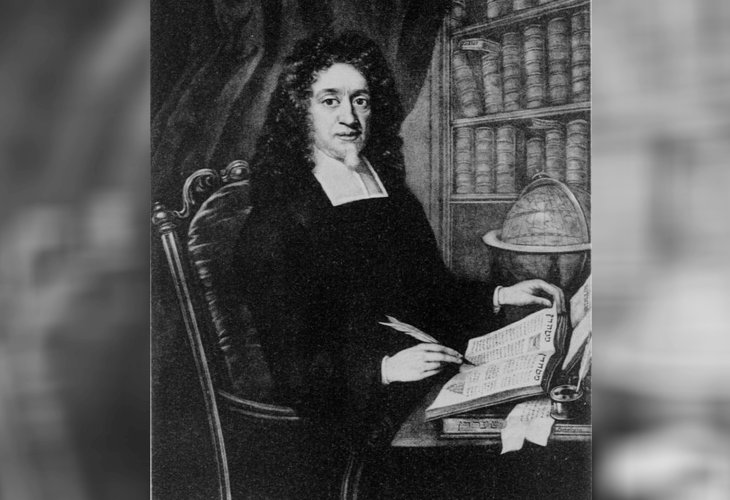Torah Personalities
Faith on Trial in London: The Storm Around Rabbi David Nieto
A bold sermon on Divine Providence sparked fierce accusations of heresy, until Europe's greatest sage stepped in to defend the rabbi and restore peace.
 Rabbi David Nieto
Rabbi David NietoA Controversial Sermon Shakes the Community
It was the year 1704, in the heart of London’s Jewish community. After the Shabbat sermon at the synagogue, dozens of congregants poured into the courtyard, caught in the heat of a passionate debate. One man shouted, “This is outrageous—heresy!” Another rebuked him: “Have you no shame? How dare you insult the rabbi?” As others joined in, voices rose, sides were taken, and a bitter rift erupted.
At the center of the uproar was the community’s rabbi, Rabbi David Nieto, and his sermon proclaiming that Hashem is present in all of nature. While the statement may sound uncontroversial today, some prominent members of the community were alarmed. To them, Rabbi Nieto's words echoed the philosophy of Baruch Spinoza, who had been excommunicated by the Amsterdam Jewish community decades earlier for denying core tenets of Jewish belief.
Rabbi Nieto firmly denied any connection to Spinoza’s heretical ideas. To clarify his stance, he published a detailed pamphlet defending his views. But the tension in the community continued to simmer, with opponents deposed from their positions yet the controversy refusing to die down.
The Verdict of the Chacham Tzvi
Seeking resolution, the community turned to one of the most respected halachic authorities of the era: Rabbi Tzvi Ashkenazi, known as the Chacham Tzvi, rabbi of Hamburg.
After carefully reviewing Rabbi Nieto’s words, the Chacham Tzvi issued a clear and powerful ruling:
There is not the slightest trace of heresy in Rabbi Nieto’s words. On the contrary, they are thoroughly aligned with Jewish faith.
His verdict carried immense weight. The public dispute quickly settled, and calm returned to London’s Jewish community. Rabbi Nieto was free to continue his vital work, now with his reputation fully vindicated.
Defender of Torah and Tradition
Beyond this controversy, Rabbi David Nieto was a towering figure in Jewish life. He was one of the fiercest opponents of the Sabbatean movement, which had misled many Jews into following the false messiah Shabtai Tzvi. In response to continued Sabbatean efforts, particularly those of Nehemiah Hiyya Hayun, Rabbi Nieto authored Esh Dat (“A Fiery Law”), a searing refutation of Sabbatean beliefs.
He also stood against challenges to the Oral Torah, especially those promoted by the apostate Uriel da Costa. To counter these claims, Rabbi Nieto wrote Kuzari Sheni (“A Second Kuzari”), modeling his work on Rabbi Yehuda HaLevi’s Kuzari to defend the integrity and divinity of Torah SheBe’al Peh. His arguments played a critical role in preventing many anusim (forced converts who had returned to Judaism) in Amsterdam and England from being drawn into heretical ideologies.
In addition to being a Torah scholar, Rabbi Nieto was also a physician, a dayan (religious judge), a preacher, and a rosh yeshiva. He passed away in London in 1728 at the age of 73.
Rabbi David Nieto’s life was a testament to courage, intellect, and unwavering faith. Whether confronting philosophical heresies, false messianism, or defending the very foundations of Jewish belief, he stood firm and ensured that truth and tradition would not be silenced, even in the face of fierce opposition.

